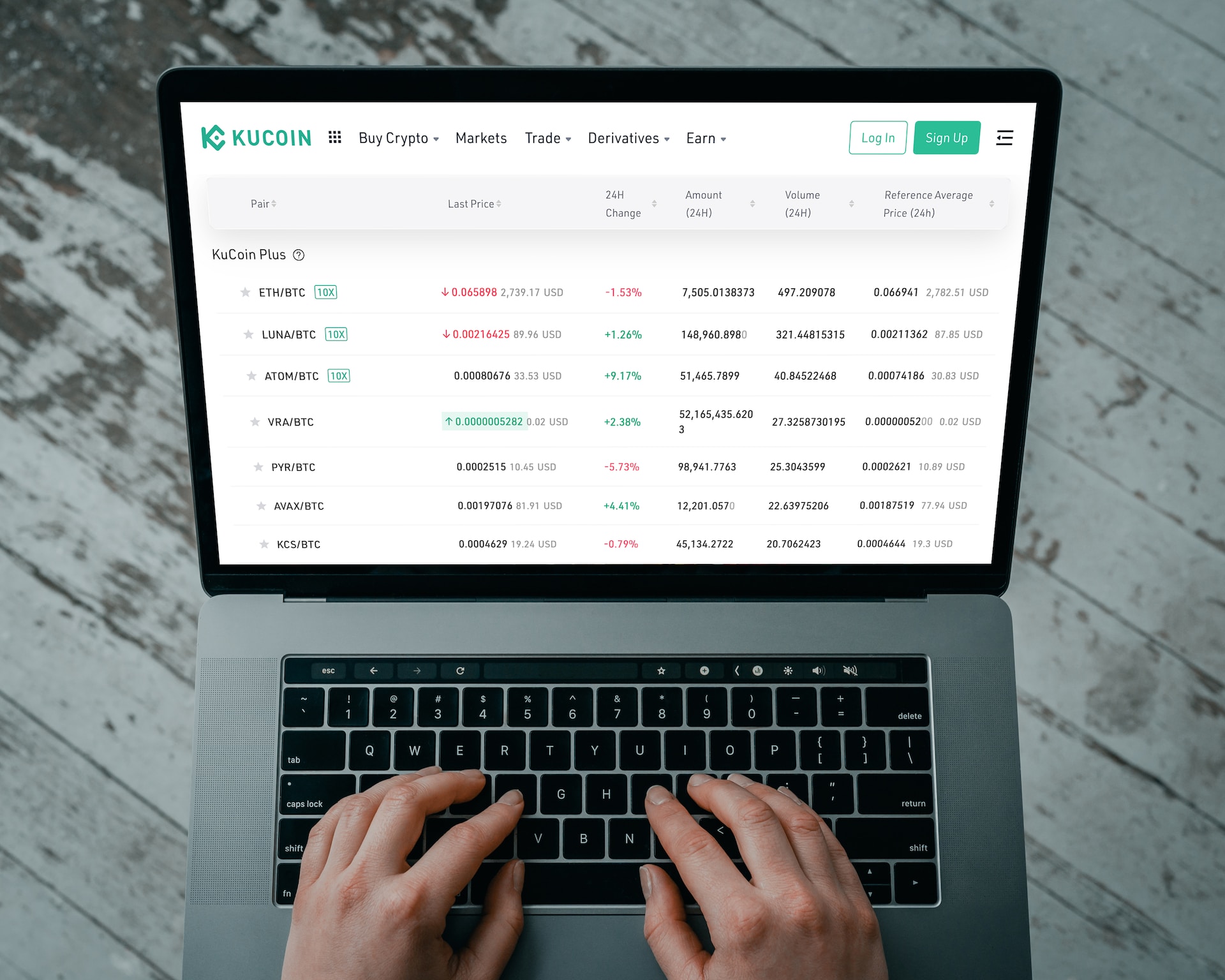Nowadays, payroll management is a crucial issue for businesses. It requires special attention and the implementation of an efficient process. Technological advances have revolutionized this management, offering increasingly efficient software solutions.
1. Easier payroll management
Choosing scalable payroll management software allows businesses to simplify and automate their processes. Thanks to this tool, tedious administrative tasks related to payroll are reduced or even eliminated. Complex calculations of salaries, social contributions and benefits are carried out quickly and accurately. Errors are thus minimized, which guarantees reliable and transparent payroll management.
2. Adaptation to legal and regulatory developments
Legislation regarding payroll management evolves regularly. Businesses must be able to quickly adapt to these changes in order to remain compliant. Scalable software offers the flexibility necessary to update the different databases (contribution rates, tax scales, etc.) and ensure that payroll calculations comply with the new regulations in force. This avoids the risk of penalties and litigation.

3. Optimized human resources management
Scalable payroll management software is not just limited to generating pay slips. It can also bring together other functionalities related to human resources management. For example, it can integrate the management of leave, absences, training, as well as the monitoring of hours worked. This information is centralized and accessible in real time, which facilitates the work of HR managers.
4. Strengthened data security
Payroll management involves handling a lot of sensitive data, such as employee personal information and company financial data. It is therefore essential to guarantee the security and confidentiality of this information. Scalable software offers robust security measures, such as data encryption and restricted access to authorized users. In addition, regular backups help prevent any data loss.
5. Better data analysis
Finally, scalable payroll management software offers advanced features to analyze and use the data collected. Customizable dashboards and detailed reports enable managers to make informed decisions. For example, it is possible to analyze salary expenses, monitor the individual performance of employees, or even evaluate the impact of salary increases on the company budget. This valuable information helps optimize human resources management and anticipate future developments.
The relevance of cloud solutions in payroll management
Today, it is essential to explore the dimension that cloud-based solutions bring to payroll management, offering unprecedented flexibility, accessibility and efficiency. This is a crucial aspect, as it makes payroll management even more fluid and adapted to the dynamic needs of contemporary businesses.
THE cloud computing has transformed payroll management, offering an efficient and secure alternative to traditional systems. Businesses can now access and manage their payroll data anytime, anywhere over a secure internet connection, increasing flexibility and productivity.
Additionally, the cloud facilitates collaboration between different departments, such as human resources and finance, by making data accessible in real time. This allows for quick and accurate updating of payroll information and ensures better coordination between teams, essential for effective payroll management.
Adaptability cloud-based payroll solutions is also notable. They can be easily modified to align with changing business requirements and regulatory developments, eliminating the obstacles associated with rapidly changing payroll standards.
Another essential consideration is the data security. Cloud solutions incorporate advanced security mechanisms to protect sensitive data from potential threats, providing businesses with peace of mind that their crucial information is secure.
In-depth data analysis is also a significant advantage of cloud solutions. They offer sophisticated data analysis tools, allowing companies to obtain valuable insights into their payroll management, thus facilitating informed and strategic decision-making.
Impact of technological integration on payroll management
Technological developments continue to impact how businesses manage their payroll operations, incorporating advanced solutions to improve efficiency, accuracy and security. It is therefore essential to explore how technological integration enriches payroll management, particularly through the adoption of technologies such as artificial intelligence, blockchain and automation.
Artificial intelligence and automation
The application of artificial intelligence (AI) in payroll management allows for remarkable process optimization. AI algorithms can quickly and accurately analyze huge volumes of data, reducing errors and improving efficiency payroll calculations. Additionally, automation solutions can handle repetitive and time-consuming tasks, freeing up time for teams to focus on more strategic activities.
Blockchain for security and transparency
Blockchain is proving to be an essential asset, offering increased security and transparency in payroll transactions. Decentralized blockchain ledgers guarantee the integrity and authenticity of data, making any alteration easily detectable. This not only ensures the security of payroll information, but also greater trust from employees and partners.
Personalization and adaptation to needs
Technology integration also allows for extensive customization of payroll management systems. Businesses can configure their systems based on their specific needs and local regulations, providing essential flexibility and adaptability in the ever-changing business landscape. This is particularly crucial for companies operating internationally, needing to reconcile various standards and regulations.
Future developments and continued innovations
Ongoing technological advancements promise continued evolution in payroll management solutions. The adoption of emerging technologies and continued innovation in this area will contribute to proactively resolve future challenges in terms of payroll management. Companies must therefore stay informed of the latest trends and be ready to adopt new solutions to maintain a competitive advantage and optimal payroll management.













